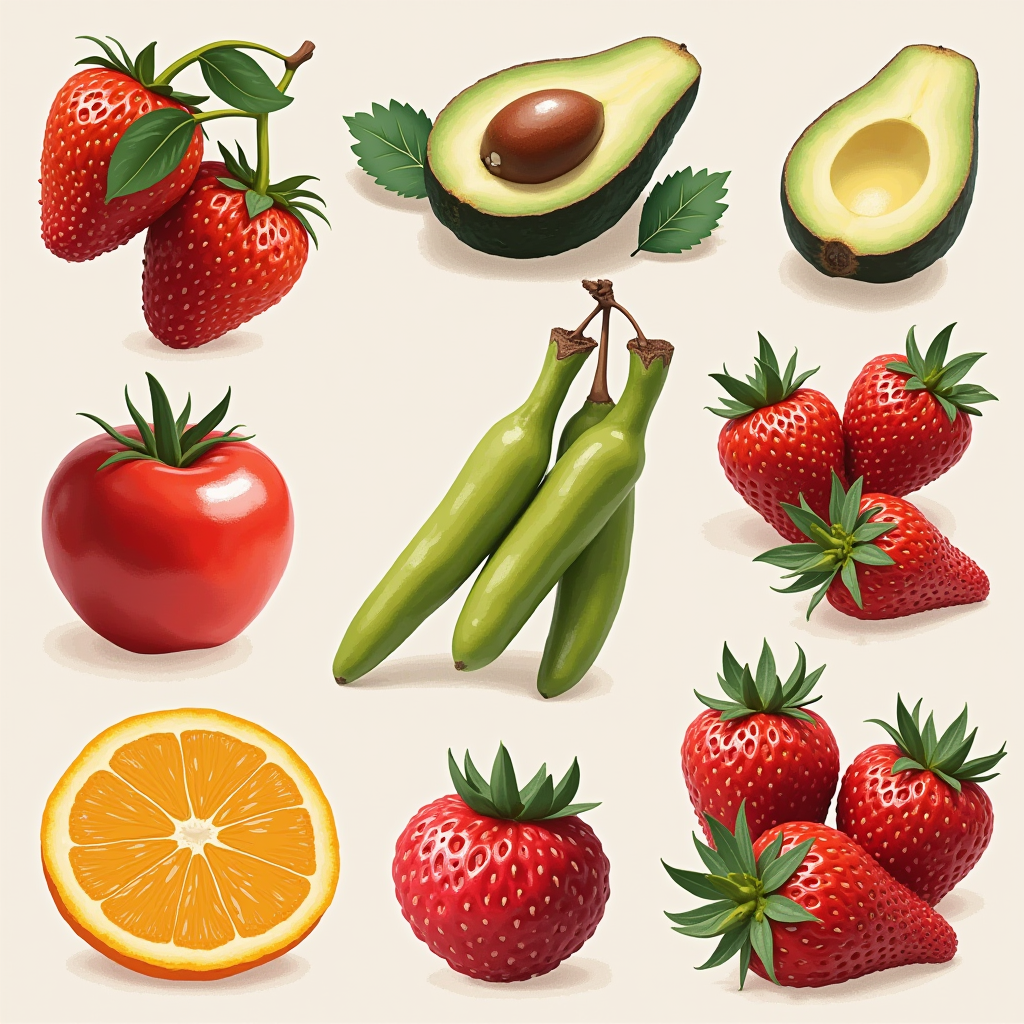7 Secretly Unhealthy “Health” Foods

Navigating the world of nutrition can be tricky, especially when certain foods masquerade as healthy. Discover these deceptive “health” foods and how to make smarter choices.
Introduction to Healthy Eating Myths
Healthy eating often seems straightforward: eat colorful whole foods, balance macronutrients, and avoid processed items. However, some foods have misleadingly earned the “healthy” label despite their pitfalls.
In this post, we explore seven foods that appear healthy but may do more harm than good. Consulting Dr. Jessica Hinteregger-Männel, an expert in nutritional medicine, provides invaluable insights into these deceptive options.
1. Rice Cakes
Rice cakes are often chosen as a light snack option but they contain hidden drawbacks. They offer empty carbohydrates that can spike blood sugar levels quickly and may contain harmful chemicals like acrylamide due to the puffing process.
- Hidden Risks: Acrylamide production, presence of arsenic and cadmium
- Recommendation: Consume sparingly
2. Vegan Cheese
Vegan cheese is a popular dairy substitute but can be high in unhealthy additives. Many contain saturated fats, less calcium and protein compared to traditional cheeses.
- Nutritional Comparison: Lower protein (2% vs 18%) and higher salt content
- Risks: Increased risk of obesity, cardiovascular disease, diabetes due to processing
Crafting Healthier Vegan Alternatives
To make healthier choices, consider homemade versions using nutritional yeast and nuts or purchase lesser-processed options.
3. Granola Bars
Granola bars may seem like a convenient on-the-go snack but are often loaded with sugar and lack fiber and protein.
- Ingredients to Watch: High fructose corn syrup, white flour
- Risk: Potential for fatty liver due to high sugar content
4. Dried Fruit
Dried fruits are packed with sugars and can be a hidden source of fructose, which is far higher than in their fresh counterparts.
Safer Alternatives: Fresh apples, pears, bananas, and plums offer fiber and lower sugar content.
5. Sugar Alternatives
From maple syrup to agave nectar, these so-called healthier sweeteners often contain similar sugars as regular table sugar, with little nutritional benefit.
- Examples: Sucrose in maple syrup, glucose and maltose in rice syrup
- Risks: Similar calorie content, potential cardiovascular issues from substitutes like xylitol
6. Breakfast Cereals
Many breakfast cereals are disguised as healthy options but contain significant amounts of sugar and fats.
- Sugar Content: Up to 35 grams in frosted cornflakes, 20 grams in pre-made granola
- Healthier Alternatives: Whole oats with fruit and natural yogurt
7. Smoothies
Straight from the store shelves, ready-made smoothies often contain added sugars and little fiber.
Recommendation: Make your own using a vegetable base with yogurt or nut butter to enhance satiety and nutrition.
Conclusion: Making Healthier Choices
Understanding the hidden pitfalls of these “healthy” foods can empower you to make better dietary choices. Opt for whole, minimally processed foods whenever possible and consult trusted sources or nutritionists to guide your journey towards true health.